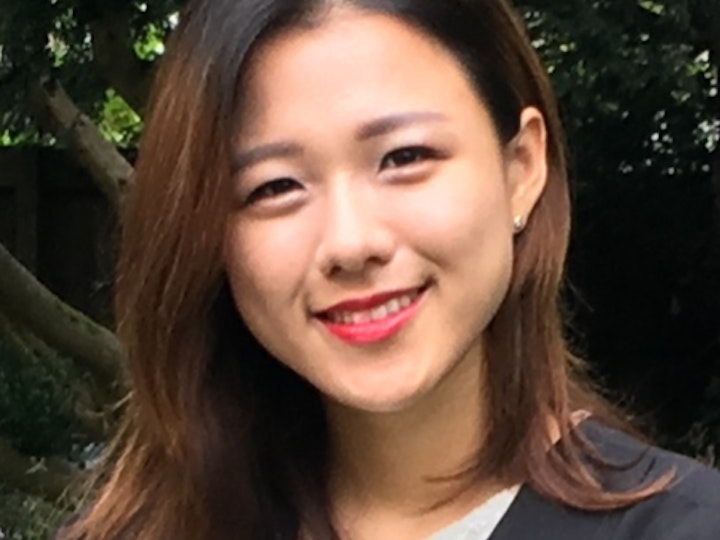Real Estate & Planning Research Seminar - by Heeseo Rain Kwon, Research Associate for the TRUUD Project - Title: Behavioural Theories and Agent-based Modelling for Conceptualising the Pro-Health Urban Development Decision-making System.
We would like to invite you all to our Real Estate & Planning Research Seminar, where we are delighted to be joined by Heeseo Rain Kwon, Research Associate for the TRUUD Project, Real Estate and Planning, Henley Business School

| Event information | |
|---|---|
| Date | 24 February 2021 |
| Time | 13:00-14:00 (Timezone: Europe/London) |
| Venue | Online |
Event types: |
|
These are primarily internal Seminars but if you are interested in attending one of our Seminars or for further information, please contact: REPSchoolOffice@henley.ac.uk
Abstract:
Agent-based modelling (ABM) assesses the impact of autonomous agent behaviour on complex systems. In relation to urban development and planning, ABM can be used to simulate individual decision-makers’ behaviour and their interactions with each other (and the urban space) based on a set of behavioural rules. To examine complex agent behaviour in real estate and planning, it is important to understand various behavioural theories and include psychological and sociological realms. This webinar will discuss the potential application of ABM and behavioural theories in conceptualising the urban development decision-making system as part of the 5 years Medical Research Council (MRC) consortium project ‘Tackling the Root causes Upstream of Unhealthy Urban Development (TRUUD).’
Biography:
Rain has joined the Department of Real Estate and Planning as a Research Assistant on the TRUUD project led by Bristol University Medical School: http://www.bris.ac.uk/population-health-sciences/projects/truud/. She has a BSc in Urban Planning, Design and Management from the Bartlett School, UCL, and an MPhil in Planning, Growth and Regeneration from the Department of Land Economy, University of Cambridge. Her PhD research at Cambridge has focused on refining behavioural theories and rules in agent-based models to enhance dynamic simulations of urban development change. Rain worked in the National Infrastructure Research Division at the Korea Research Institute for Human Settlements (KRIHS) as a researcher for three years before pursuing her postgraduate studies.


